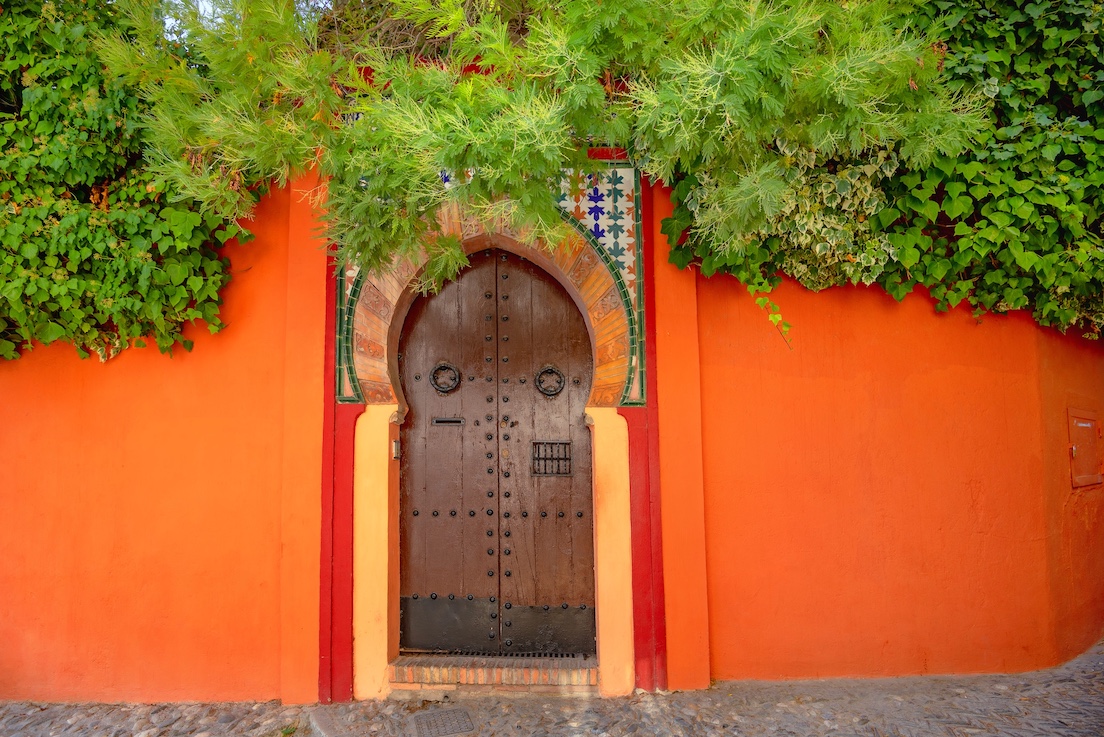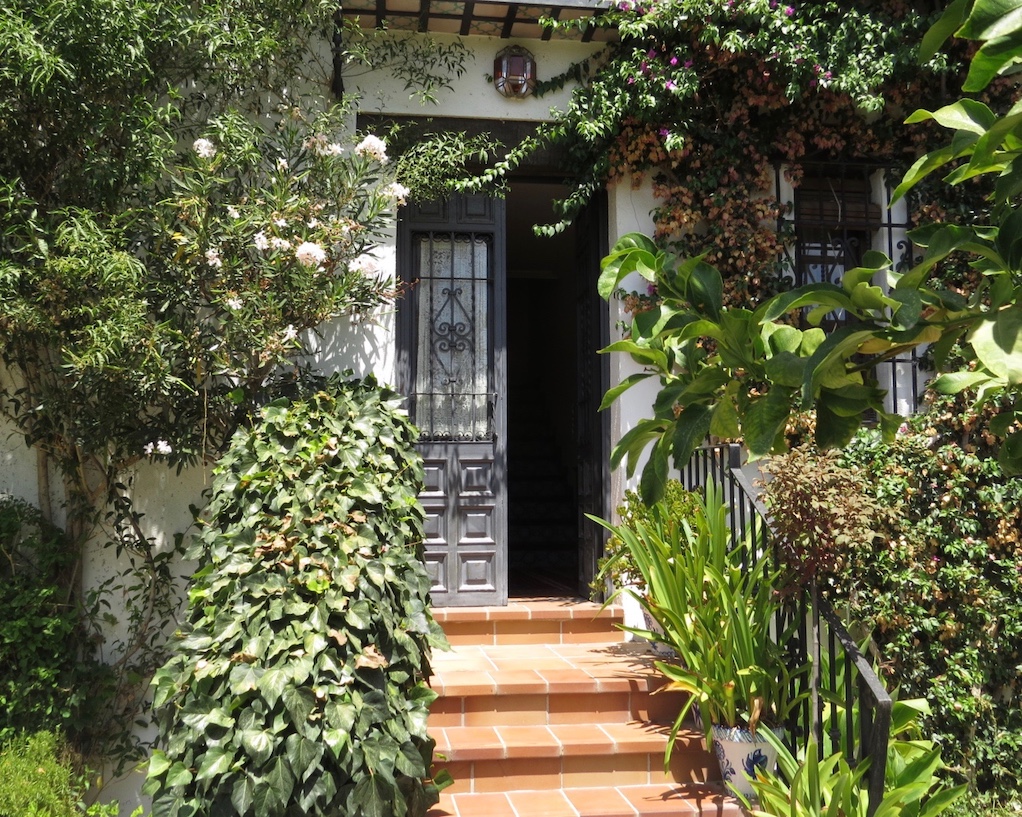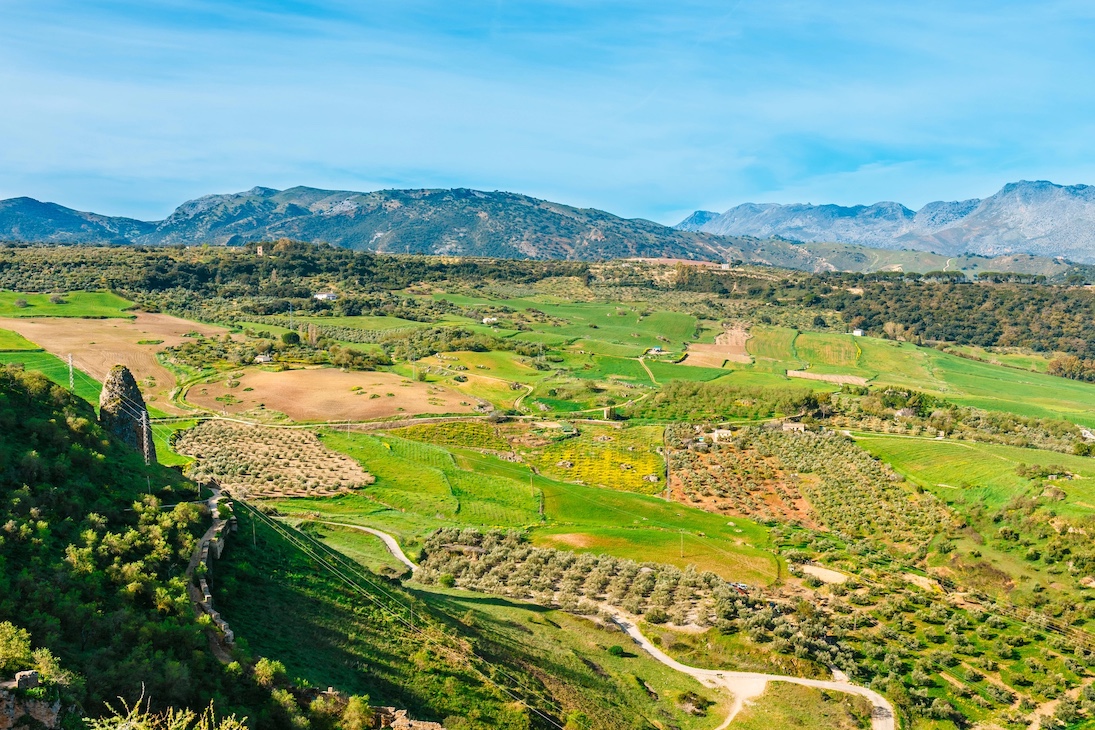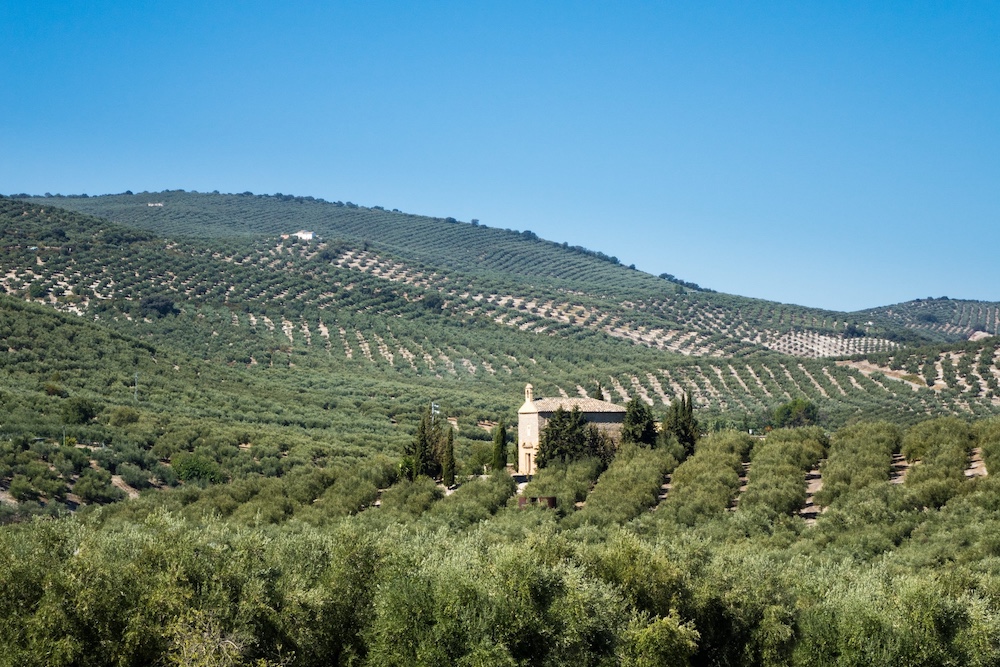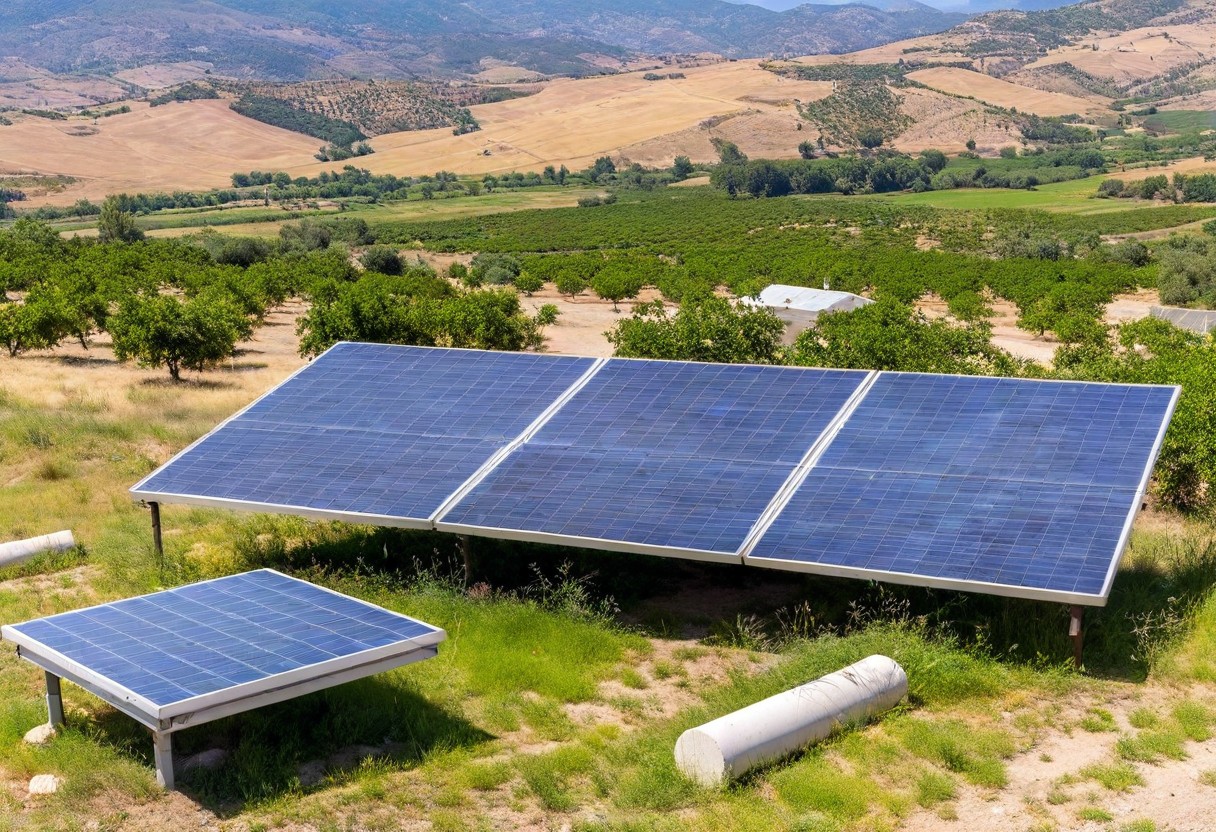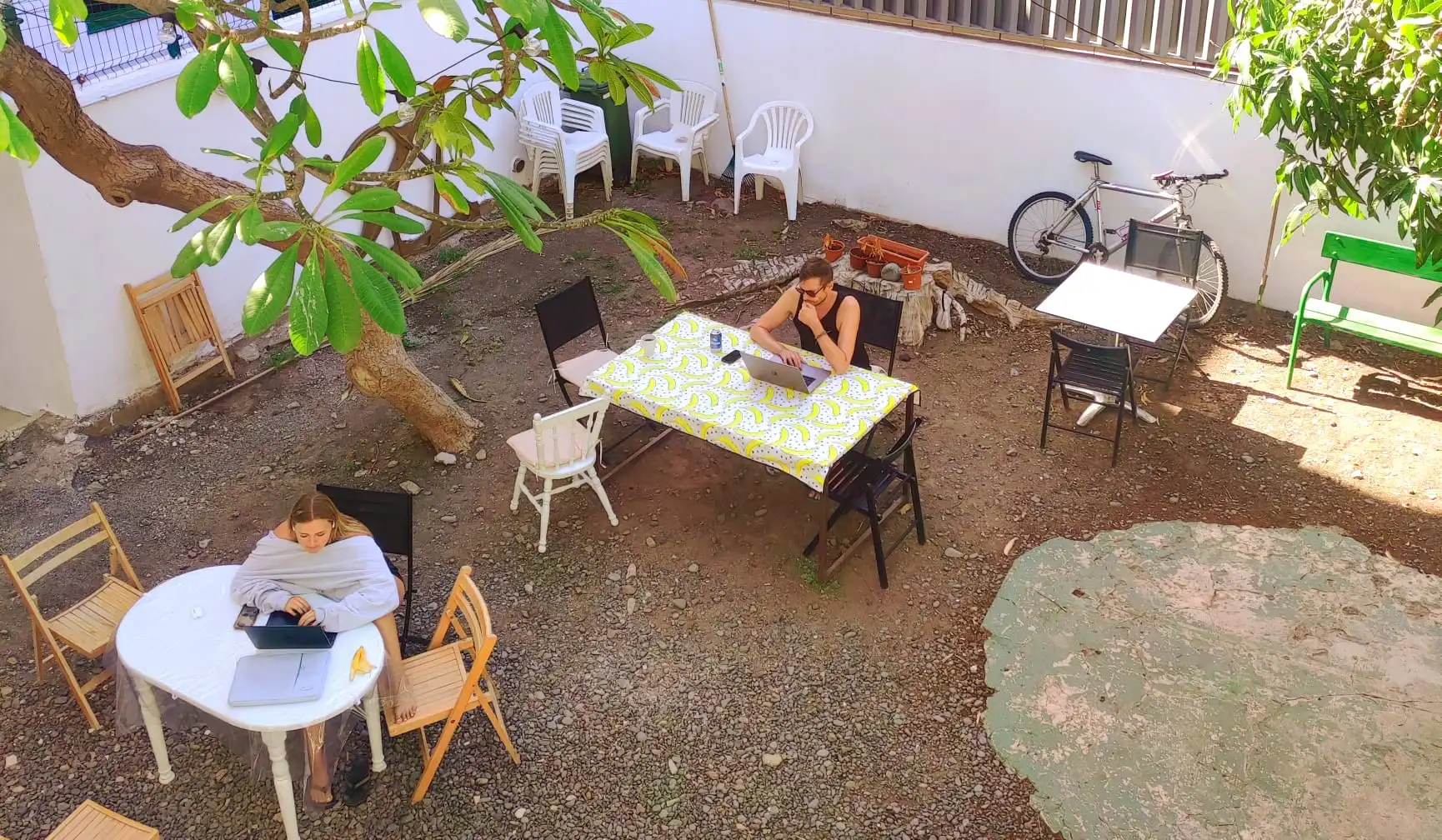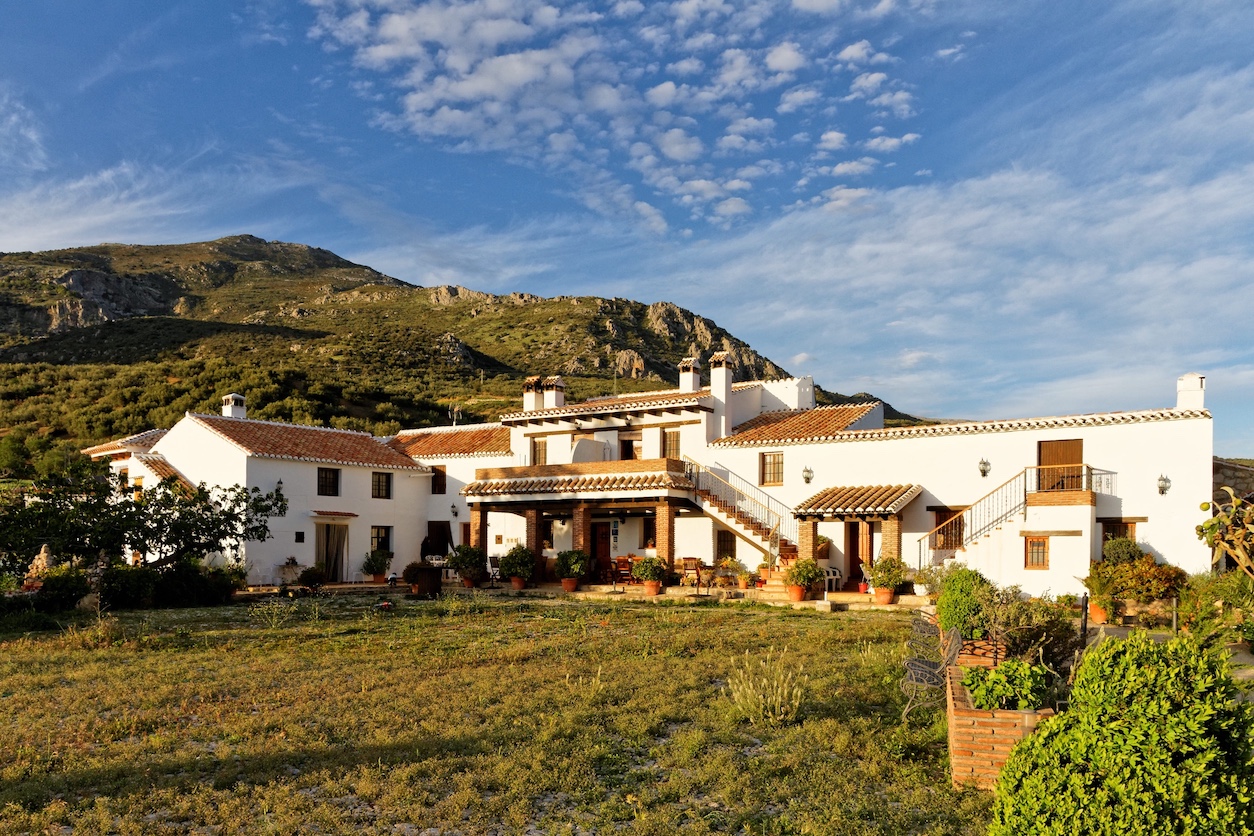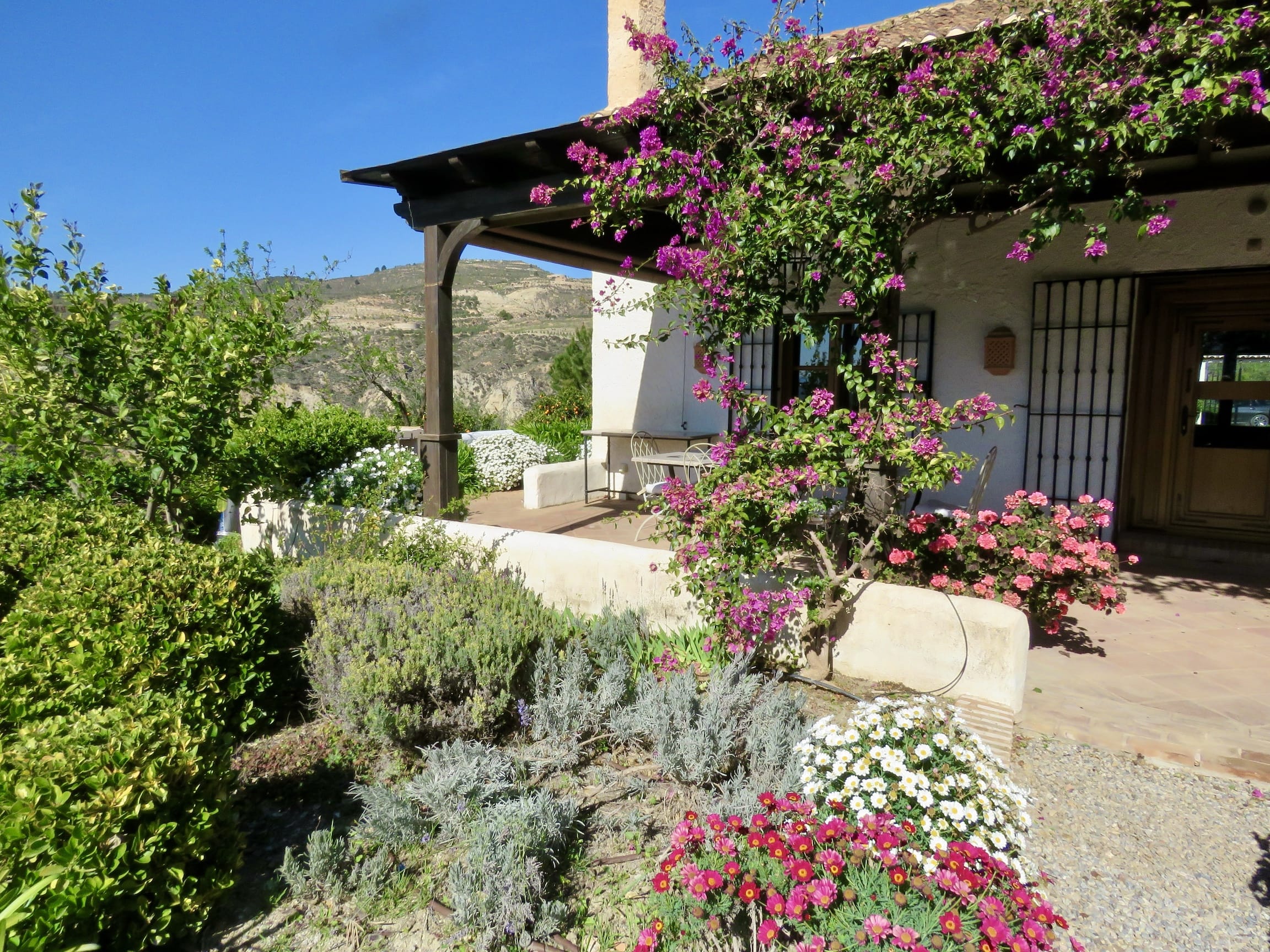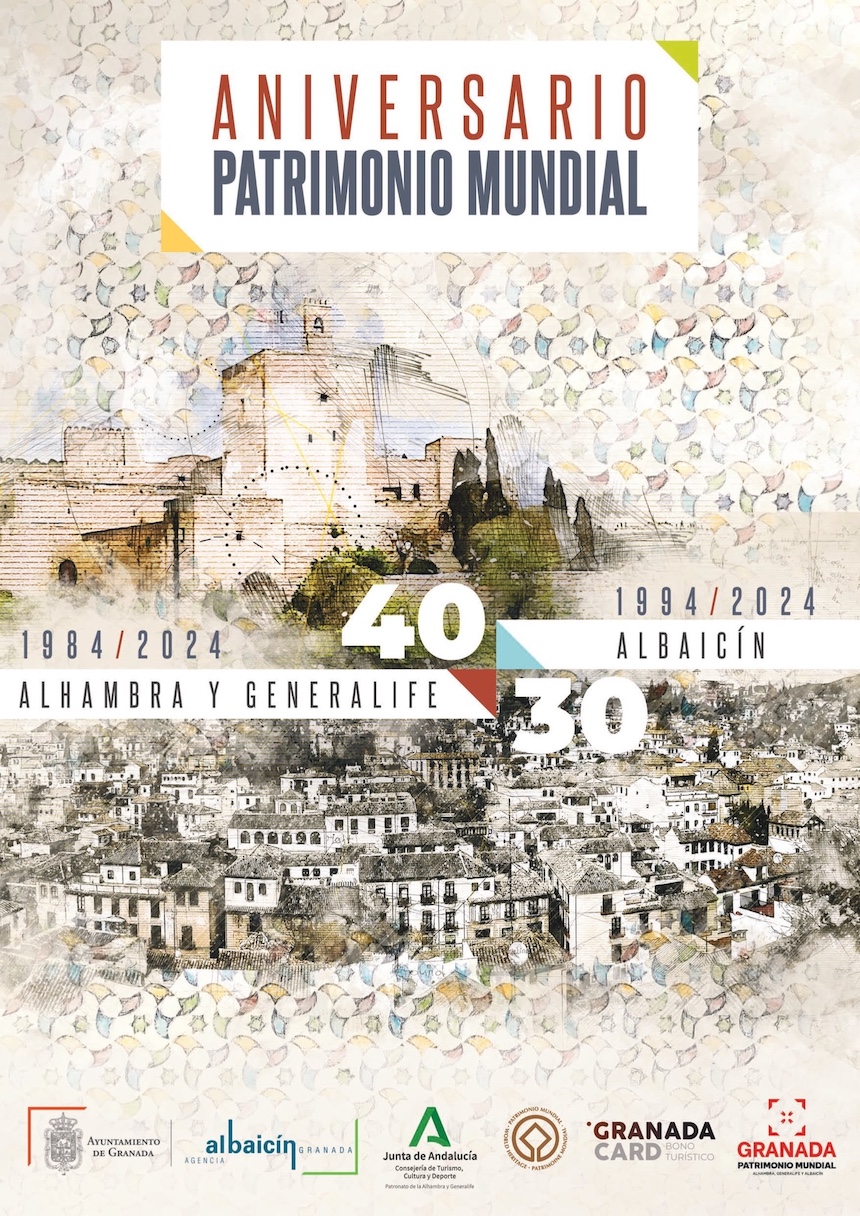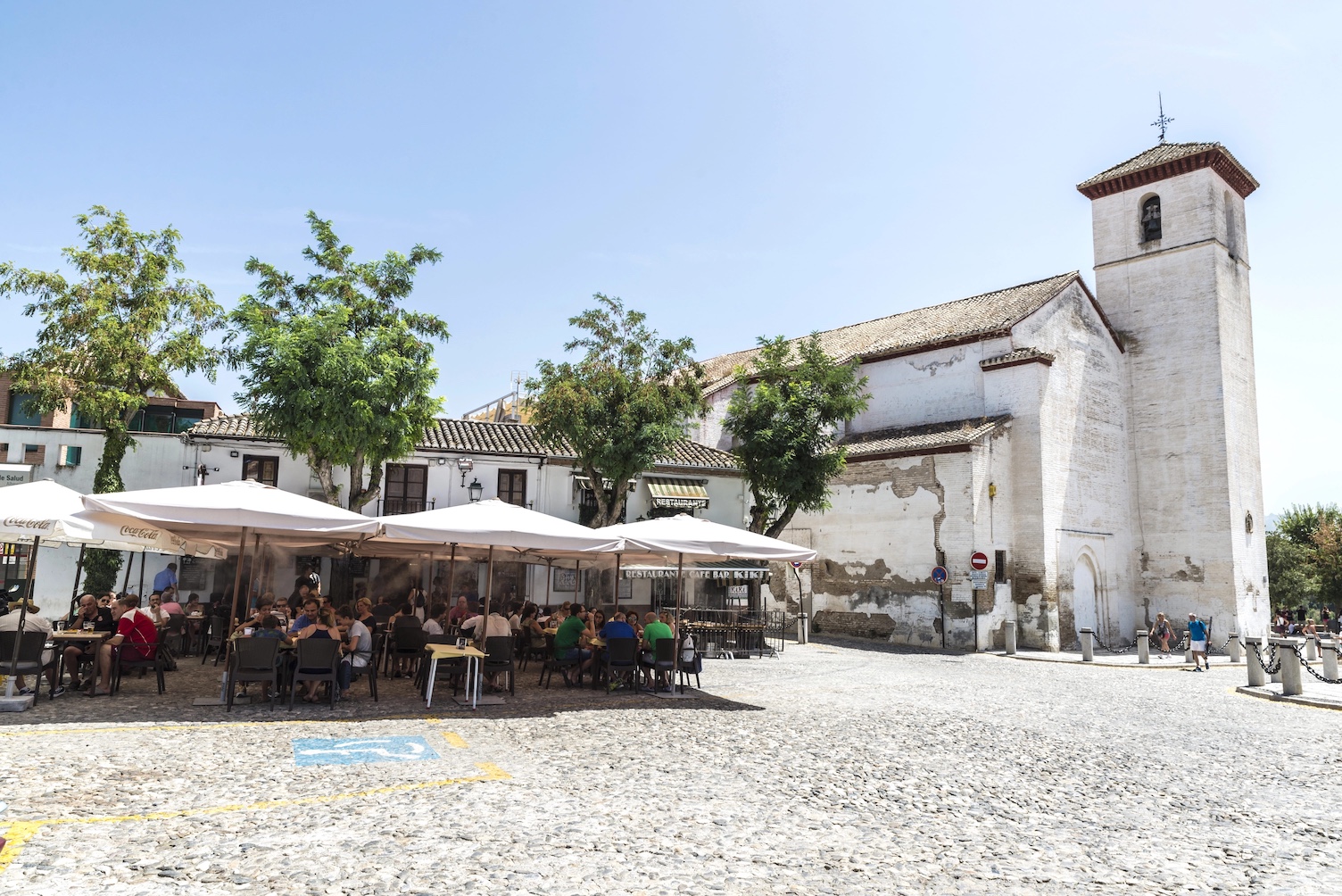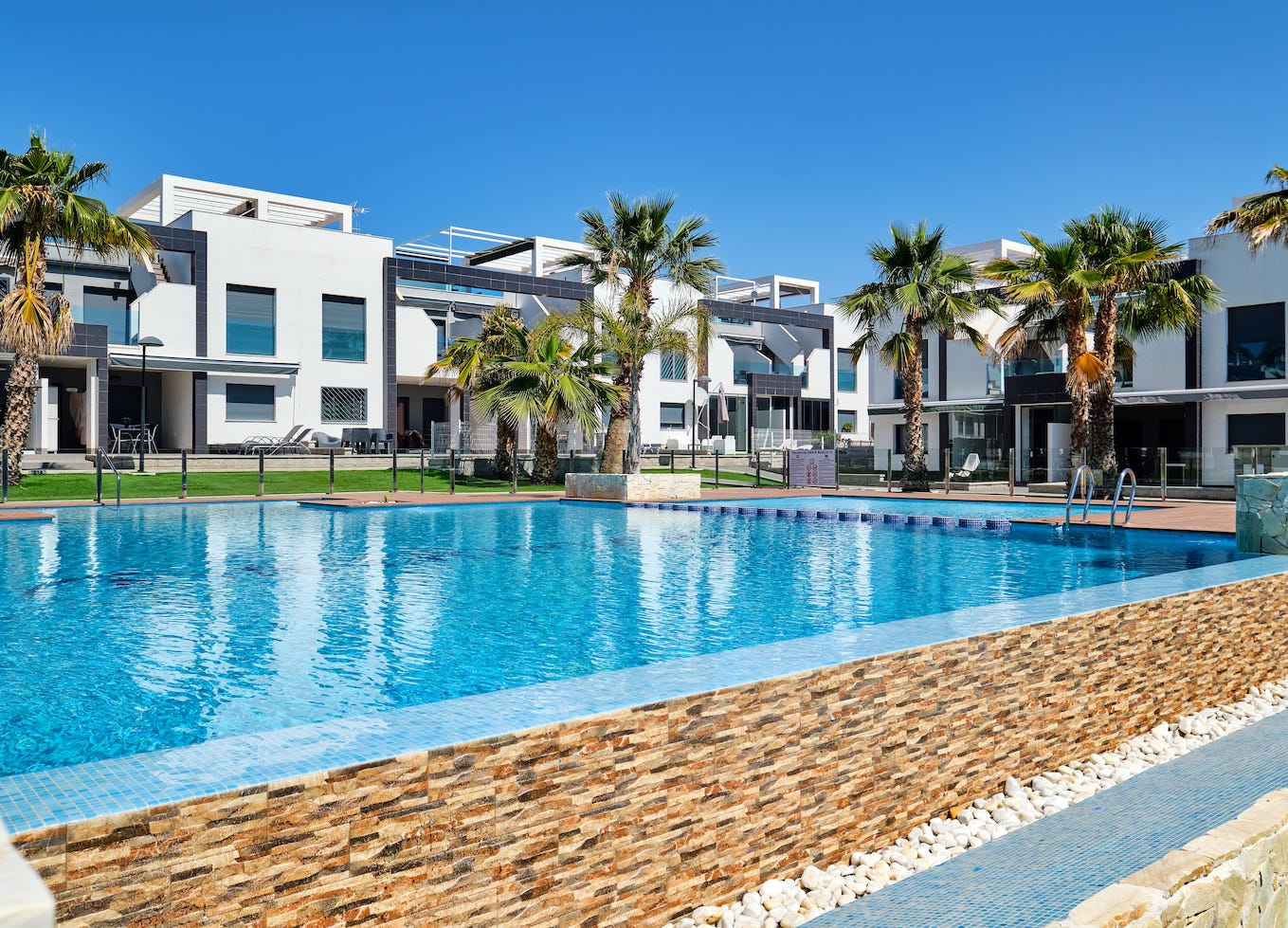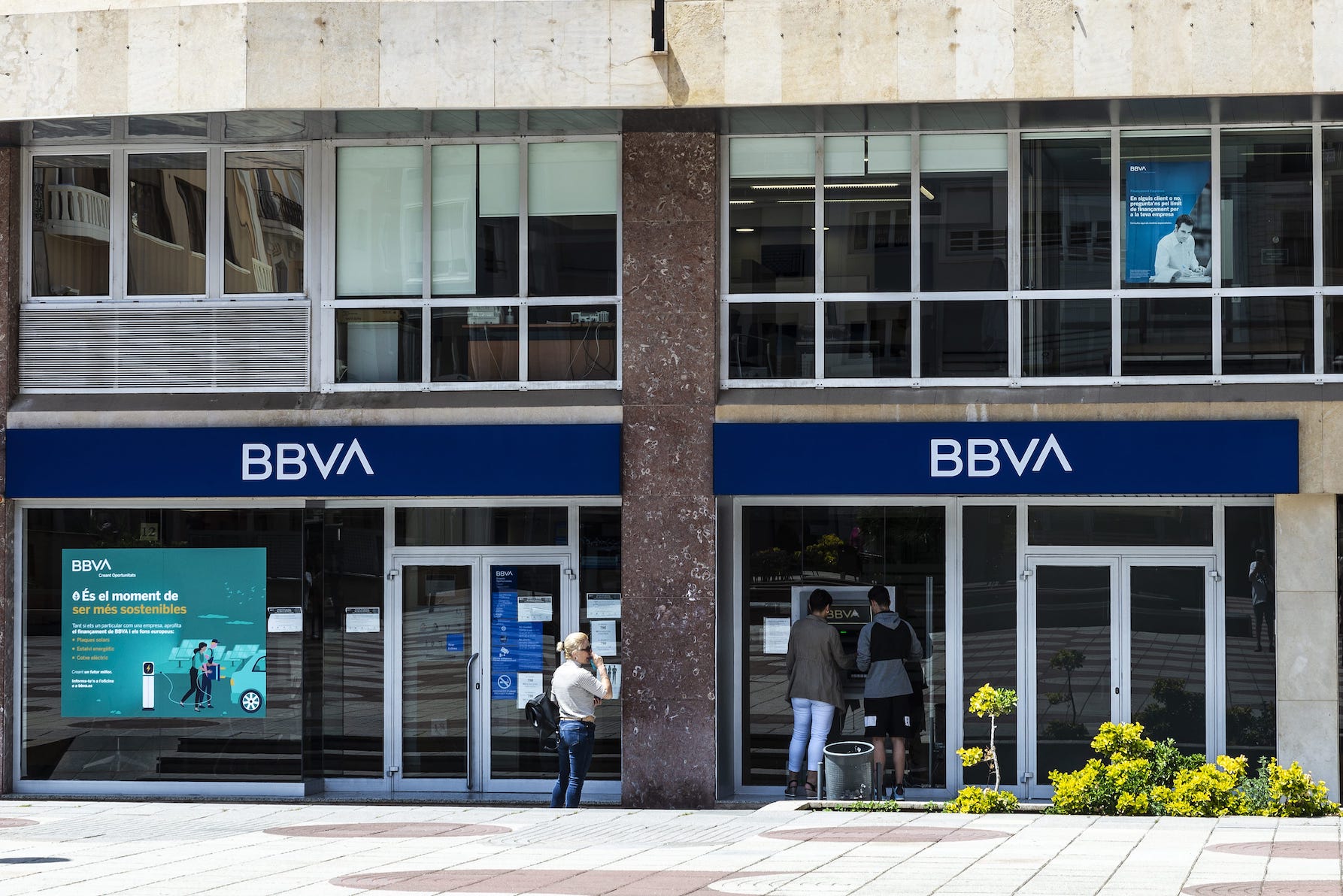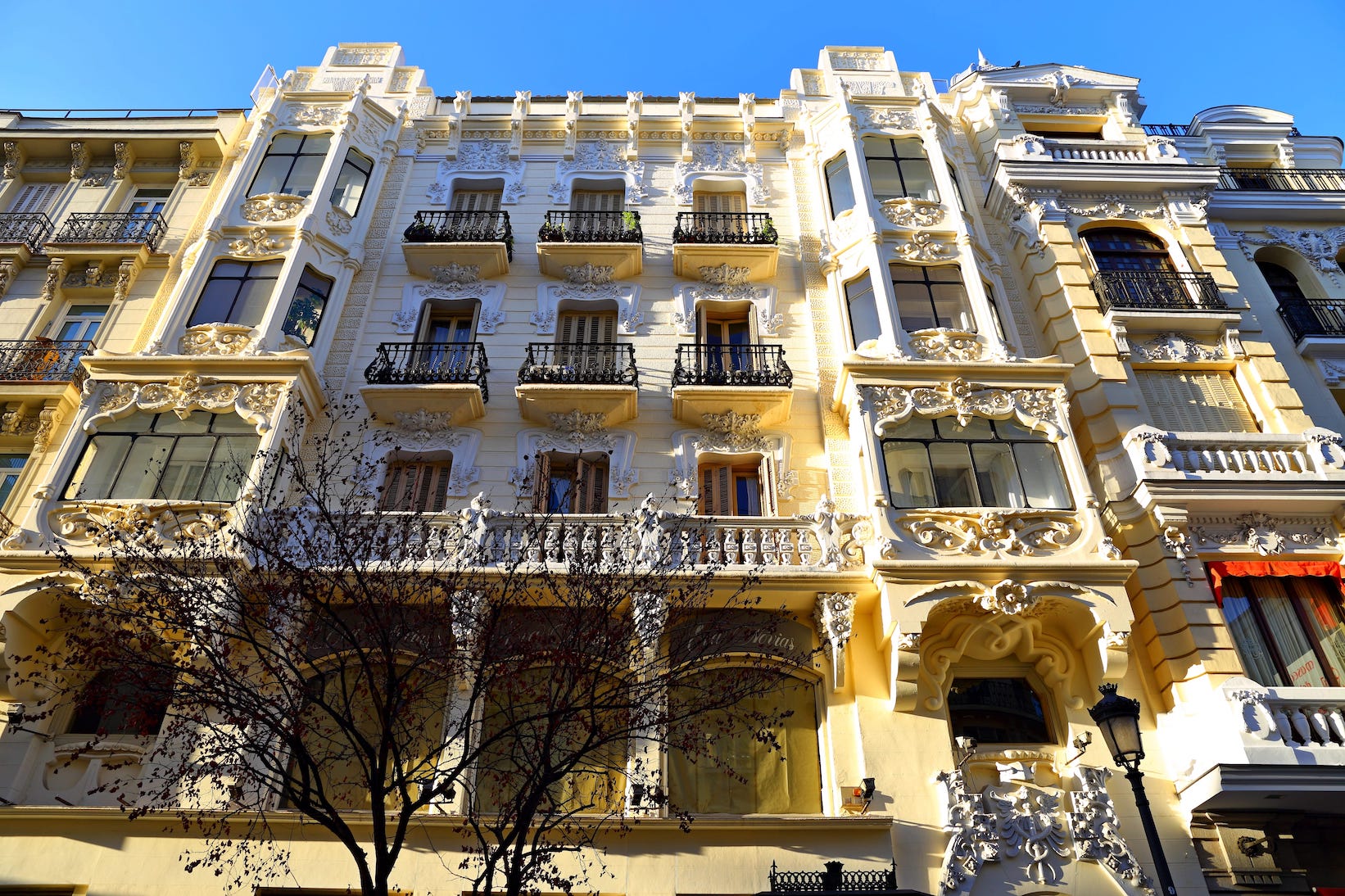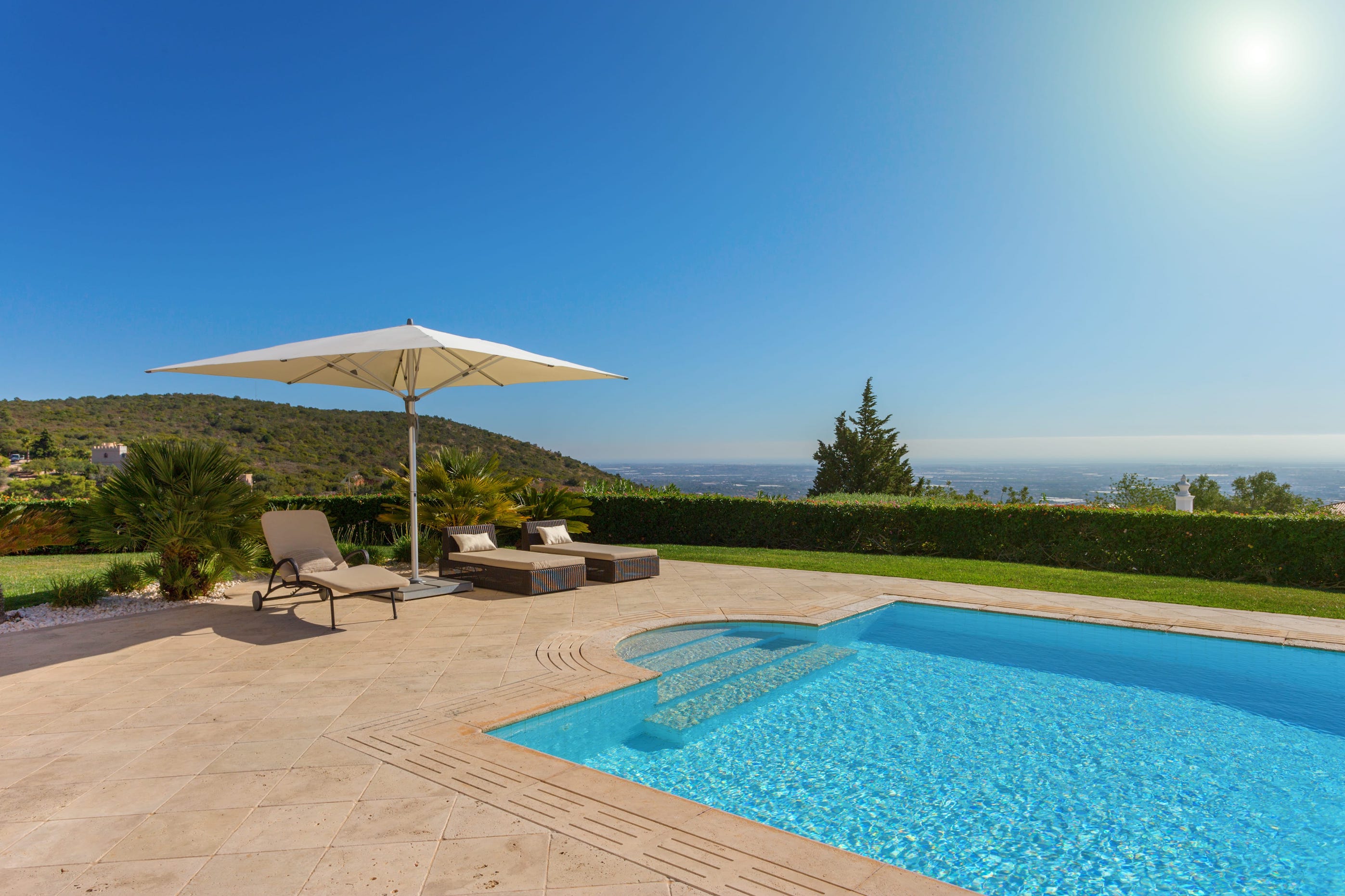With the advent of AirBnB many cities in Spain have experienced a significant surge in short-term tourist rentals, particularly in historic neighbourhoods and city centres. Property owners have taken advantage of often lax regulations to earn additional income. What started as a means to earn a little cash from a spare room has blossomed into a huge business. Whether this has been to the detriment of the traditional hotel industry is debatable. More likely, it has increased the volume of tourists, specifically in urban areas.
This increase has led to concerns about housing availability for residents and the overall character of these areas. In response, in February 2024, the Junta de Andalucía transferred the authority to regulate tourist accommodations to municipal governments.
This move empowered cities like Granada to tailor regulations to their specific needs and challenges. Following this devolution of powers, the Ayuntamiento de Granada undertook studies to assess the impact of tourist rentals on the city's housing market and community dynamics.


